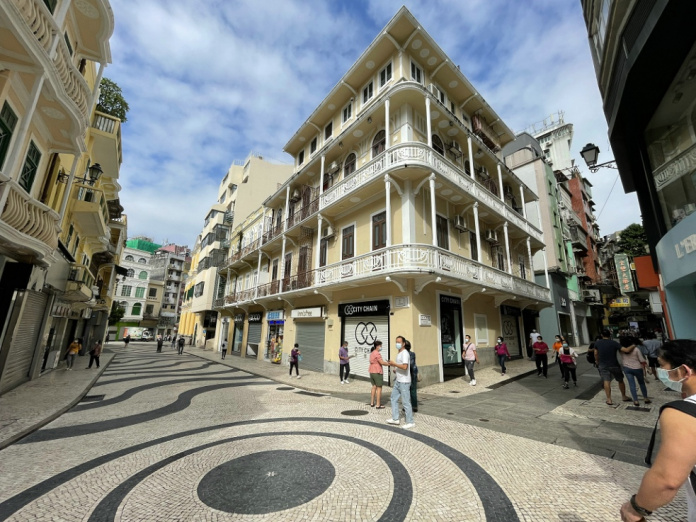
Macau Business | November 2022
By José I. Duarte | Economist, Macau Business Senior Analyst
For a long time, Macau’s financial reserve mirrored the confidence and achievements of the local economy. Its total amount rose steadily for many years, underpinning public finances whose health seemed impregnable. The pot increasingly looked inexhaustible if ever its usage would be needed. Even amid a good part of the COVID years, the total amount kept rising, reaching its peak by mid-2021.
The weather has changed noticeably, though, and the reserve has been under pressure lately. There were occasional dips into the red in the past, but the overall trend was unquestionably skywards. Not so anymore—or so the latest figures indicate.
At the beginning of the year, the total reserve was five percent below its highest recorded value. Since then, the losses sustained have bred concerns in some social quarters, occasionally tinted with some sense of alarm. There may be reasons for genuine concern, but if there is to be one, the debate must be set out in an appropriate context.
First, while there is no question that the reserve funds must be used under criteria of both efficiency and fairness, their usage is not to be reproached. Reserves are created to be used when conditions are adverse – and there is no question the current crisis fits the “rainy days” metaphor used in their constitution.
Secondly, the recourse to those funds must always be a palliative measure. It alleviates the pain but does not treat the underlying causes. Unless we expect the patient to die and give up all hope, the absolute priority must still be to deal with the sources of the illness or dysfunction. One cannot abandon or even deviate from that objective, to be achieved at the earliest, just because the pain was momentarily lessened.
Thirdly, the size of the reserve accumulated through the golden years provides an extensive financial buffer. So big it is possibly beyond the ability of anyone to deplete at short notice. Its amount far exceeds what would reasonably be adequate for this type of fund. The existing reserve could sustain the current budget level for six years without any additional income. If anything, the concern here should be that the depth of the cushion may breed complacency and lead some to underestimate the urgency of the matter.

In such a context, the available figures for the public finances’ execution, in the current year, up to the third quarter, bring forward some sobering thoughts.
By the end of the third quarter, the actual income received from the gambling concessions – the primary source of public revenue and the stepping stone of the local economy – stood just above 15 billion patacas. That represented less than half the total amount initially forecasted and was just one-fifth of the amount recorded in the last ‘normal’ year, 2019. Further, it was still 30 to 40 per cent below the figures for the same period in the two previous ‘crisis’ years.
Indirect taxes, another gauge for economic activity, including commerce and tourism-related businesses, stood below expectations at about half the figure in 2019. Again, also well below the figures for 2020 and 2021.
Public expenditure, however, rose compared to 2019. That is the case of staff expenditure (somewhat surprisingly, up by 7 per cent in this critical period) and public investment. The latter’s cumulative value stood at about 10 billion in September, almost seventy percent above the figure for 2019. But this public “compensation” weight on the overall economic fabric is limited.
These figures suggest we are not getting out of the hole, as many expected; as a few feared, it seems we are digging deeper into it.
























